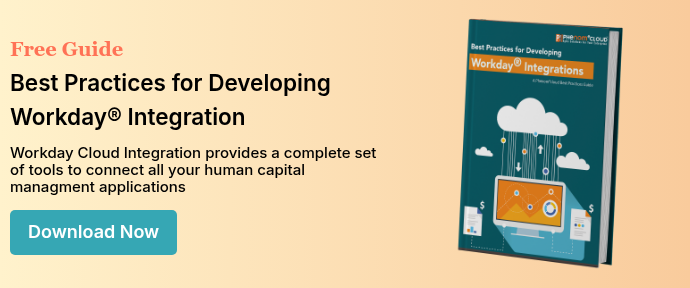
Compensation management software can remove the tedium and guesswork from salary reviews, and helps simplify a complex process. The current crop of software offerings, like other talent management applications, are striving to be user-friendly, intuitive tools. The best of them gives managers a complete view of each employee’s value to the organization, and make it easy to compare individuals side by side to achieve a fair outcome.
But compensation software is not a compensation strategy or policy, and the best software in the world won’t change employees’ perceptions about their pay. The results of this year’s PayScale annual compensation survey indicate a stark difference between how employers and employees view their compensation practices. Among employers, 73% believe they pay employees fairly, but only 36% of employees agree. Seventy-eight percent of employers believe employees are valued at work, but only 45% of employees do.
Looking further into the report, we find that only 40% of companies have open and transparent communication about pay, but only 21% of employees believe it is true. The difference in the responses to that question is the heart of the compensation fairness issue.
We have known for decades that how much employees are paid matters less to employees, and whether they feel they are compensated fairly. Their perception is their reality. “Alignment to business strategy,” often the #1 “feature” in software touted in software offerings, is only the starting point in a conversation. Until employees buy into the rationale of the compensation plan and believe it is fair, pay will be a dissatisfier.
In our years as compensation & classification professionals, we often found that openness in job evaluation, classification, and compensation management had a significant impact on employee satisfaction. Even more important, was the practice of allowing employees to request a job evaluation when their duties changed. What made the difference was how well managers communicated with their employees.
We can offer a few things to think about when you are planning a review of the compensation practices.
- Conversation is more important than numbers. As you create your pay policies, develop communication and conversation as you go. Don’t make it an afterthought.
- Variable pay based on measurable performance directly linked to business strategy is a powerful motivator, but will have much less impact if employees can’t see and understand the relationship. Communicate the strategy and clearly show how and why performance matters.
- Managers can’t communicate what they don’t understand. Developing that knowledge may be the most significant training effort you undertake all year.
- Understand that trying to stifle conversations about pay equity only reinforces perceptions that pay is unfair. Teach managers how to have difficult conversations about differences in pay.
Before you implement your new compensation planning tool, take a close look at the conversations you are having about pay. The conversation matters more than cash.
PhenomeCloud is a comprehensive technology solutions provider committed to empowering businesses to overcome challenges, enhance their workforce capabilities, and achieve superior outcomes.



Leave a Comment